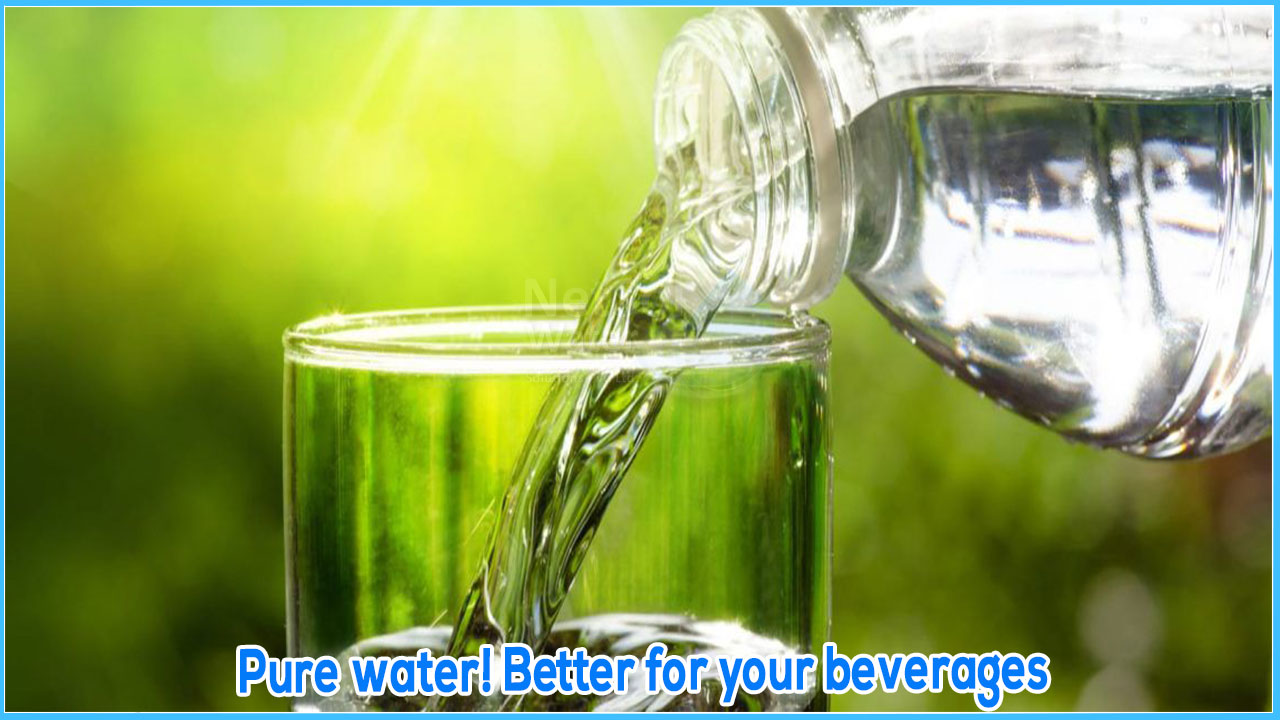When we say pure water, we actually mean purified water. As now a days it is unimaginable to use raw water or the water which is extracted from nature’s lap directly without going through a possible and suitable water purifying system. Purified water is usually tap or groundwater which has been treated to remove harmful substances like bacteria, fungi, and parasites.This means that drinking it is pretty much guaranteed to be safe. Like everything is a package of good and bad, same is the case with purified water. It comes with pros and cons, some of them are mentioned below-
Pros
If your immediate water source is contaminated, purified water, like distilled water, is an excellent option. However, many countries cleanse tap water, so every time you fill a cup from your kitchen sink, you're drinking pure water.
Cons
Because all potentially dangerous substances are removed from purified water, you miss out on some potentially beneficial substances that are added to tap water sources, such as fluoride, which helps to prevent tooth decay.Furthermore, obtaining filtered water or even building a home filtration system can be quite expensive.Water treatment plants make use of the latest innovations to provide us standard water for drinking. However, there are some challenges, there are four major sorts of water problems that can obstruct operations from meeting this goal:
- 1. Safety and health
- 2. Turbidity
- 3. Chemical odor/taste
- 4. Scale/hardness
The water filtration system is designed to address these challenges and consistently ensuring the highest quality ingredient water at the lowest cost of ownership. When it comes to delivering clients "better for you" beverages that taste as wonderful as their related health advantages, the presence of a carbon element in a water filter is critical. Carbon filtering removes the unappealing taste and odor of entering water's chlorine.
The quality of the ice and the operational integrity of the ice machine are critical for smoothies and other drinks that include blended ice. Scale building can be greatly reduced when used with the scale inhibitor, which provides ice that allows beverages to taste their best.Water hardness is important for beverages that are served or brewed hot, such as coffees or teas, because it affects the equipment's longevity as well as the water's quality. When used properly, the Hardness Reduction System extends the life of hot beverage equipment while reducing costly maintenance and downtime. It also ensures a high-quality product that encourages repeat business.
What should operators consider while increasing their beverage offers when it comes to a water filtration system? One important factor to consider is capacity.If a restaurant currently has many beverage machines with a flow rate of around seven gallons per minute and wants to increase their beverage options, a greater volume system to fulfil all of their filtration needs should be considered. Making sure the filtration system's capacity allows operators to add new technology, such as a smoothie machine, is a wonderful method to be flexible while meeting rising consumer demand.




